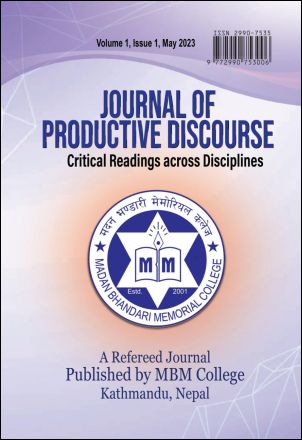Price Adjustment Practices and Their Impacts on Bridge Construction Contracts
Keywords:
Price Fluctuation, Trends, Issues, RCC T-beam, Pre-stressed Bridges, ProvisionsAbstract
This paper assesses the patterns and trends of price fluctuations and price adjustment practices in RCC T-beam and prestressed bridge construction contracts. Using a questionnaire survey, we conducted a descriptive research to document the existing practices. The perceptions of clients and contractors were measured using mean score and standard deviation on issue, followed by a consistency check. We then analysed the major components of price adjustments to identify trends. Price adjustment provisions are planned during the procurement planning and bid preparation stages of procurement cycle, and are used as necessary during the contract implementation stage. These provisions are meant to give protection to the contractor against price escalation. In the absence of any compensation provision in bridge construction contracts, price fluctuation can affect the time, cost and quality parameters of construction projects. This may lead to delays or cancellation of projects, reduced number of bidders, poor quality, problems with cash flow, and loss of interest of stakeholders in the project. The research draws attention to the serious issues of price adjustments among bridge projects to ensure constructability. This is the first attempt to address the issue in bridge contracts of Nepal and can serve as a starting point for further research on this topic.
Downloads
Downloads
Published
How to Cite
Issue
Section
License
Copyright (c) 2023 Navnit Chaudhary, Madan Sharma

This work is licensed under a Creative Commons Attribution-NonCommercial 4.0 International License.
This license allows reusers to distribute, remix, adapt, and build upon the material in any medium or format for noncommercial purposes only, and only so long as attribution is given to the creator.




